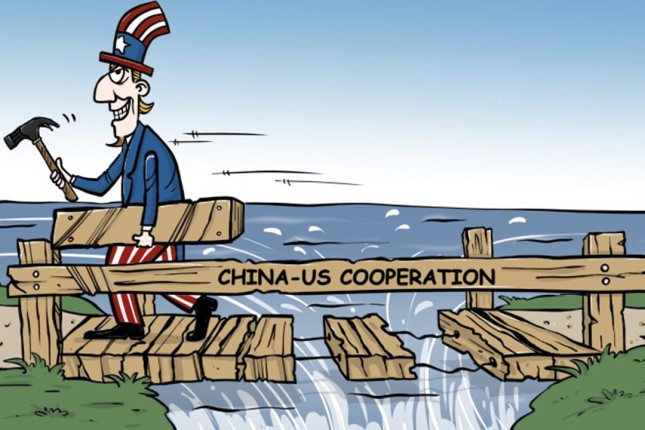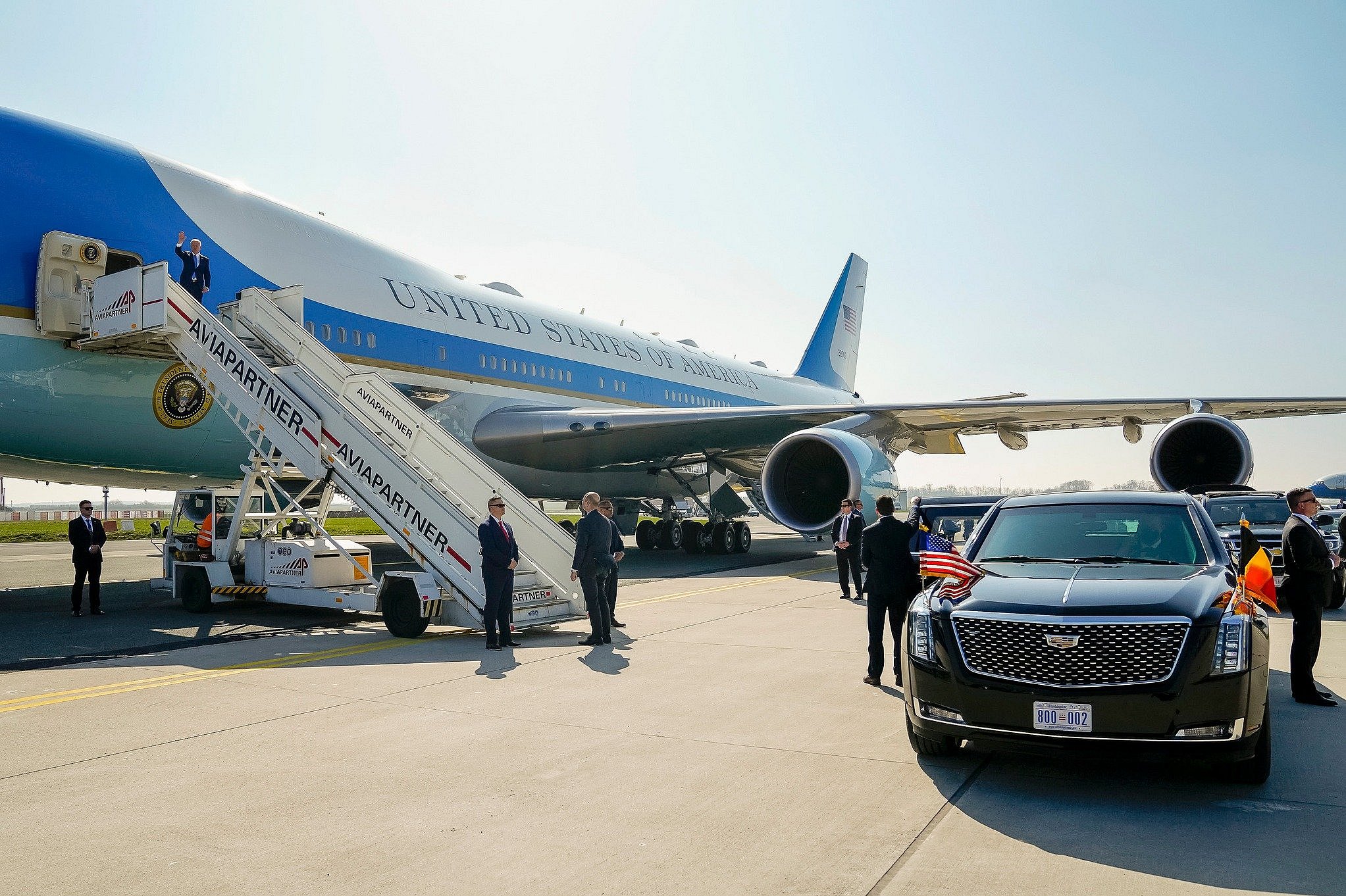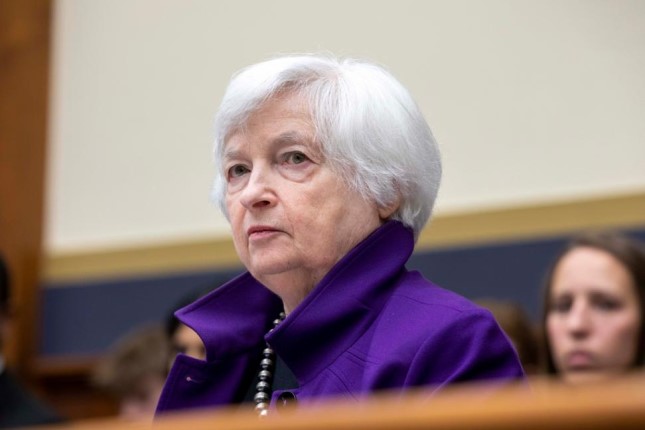This plan has been in the work for nearly two years and hyped by public opinion for over a year. Such a boot hovering over Washington for so long will finally hit the ground. During this period, it has already caused harm to China-US relations, damaging the atmosphere of normal economic cooperation between China and the US, creating a significant chill.
It has been disclosed that US President Joe Biden will limit or even ban US direct investments in China in three technology areas involving semiconductors, quantum computing and artificial intelligence by issuing an executive order. Senior officials in the Biden administration have been saying for months that the restrictions will be "narrowly targeted," as "anything that's overly broad hurts American workers and the economy." They also denied that the restrictions are "as Beijing says, a 'technology blockade,'" claiming they will only focus on certain areas that involve "national security." In short, they want to emphasize that these restrictions will not be as intense as the US public opinion previously speculated, as if the US has somewhat softened its policy.
It took so long for this plan to be introduced, indicating there is some debate in the US about it. The fact that it didn't end up being aborted shows that the China containment and suppression faction has the upper hand in Washington. Officials in Washington are continuously emphasizing that this will "not disrupt legitimate business with China," ostensibly to assuage strong domestic concerns in the US, but it will not change the nature or detrimental impact of these limitations. Since the news surfaced, there has been significant skepticism, anxiety, and opposition in the US, which have only grown stronger over time.
The US government continues to tighten its export and investment policies against China, undermining not just the regular international economic and trade investment order but also causing greater harm to the US' own economic interests. Under these conditions, Washington has once again thrown out a blow, which is quite unpopular, at least among the mainstream business community in the US. Geopolitics, pan-security, and ideology have hijacked the US' economic and trade policies with China. Although Washington is still willing to make some gestures to appease the business community on a limited scale, this is not a return to a rational policy toward China.
American businesses invest in China to gain profits, and China-US economic and trade relations generally benefit both countries. Washington's actions demonstrate that it is not only attacking areas where it thinks China earns more than the US but also attempting to target areas where the US actually earns more but where China also gains. It aspires to a zero-sum situation in which only the US benefits and China suffers, but this is unattainable.
If there are Americans who hope to use these "investment restrictions" to stop or strangle China's high-tech development, it can only be said that they are too arrogant. Advanced semiconductors, quantum computing, and artificial intelligence are the three representatives of high technology for humanity, and the US, which is in a leading position, has long been wary of China. The marginal effect of these "investment restrictions" is also diminishing. Moreover, in the field of cutting-edge technology, we have never relied on others and have always been committed to independent innovation. The US' containment on China will only strengthen our determination to accelerate independent innovation and speed up our promotion of high-level opening-up to the outside world.
The biggest and most direct impact of these "investment restrictions" is on American investors who are seeking opportunities in the Chinese market. These threatening restrictions cast a shadow over the normal investment and trade relationship between China and the US, and also become a psychological barrier for US investors, causing them to hesitate when considering normal investments in China. Some well-known investment companies have had to seek to minimize risks by "dividing."
For some time, the US government has been continuously building a "technological fortress" under the mind-set of a "small yard, high fence," thinking that it would make itself safer. However, little did it know that under its expanding concept of "national security," these restrictive measures have actually created a continuously accumulating "dammed lake" of danger for itself. US investment restrictions will not become a fatal blow to China's technological innovation. These "unprecedented rules limiting American investments in China" may block the potential opportunities that some Chinese companies could have expected, but more importantly, they may raise a warning sign for more companies to not stand under the perilous wall of Washington.
The high-tech field is crucial for a country's future development prospects, but it also naturally possesses the new characteristic of interconnectedness in this era. It is unrealistic for any country to isolate itself and strive for research dominance in the field of technology. The future of the technology field belongs to countries that embrace the world with open arms. If the US fails to understand this, it will only get further away from its goal to "outcompete" China.
Source: The Global Times.
































